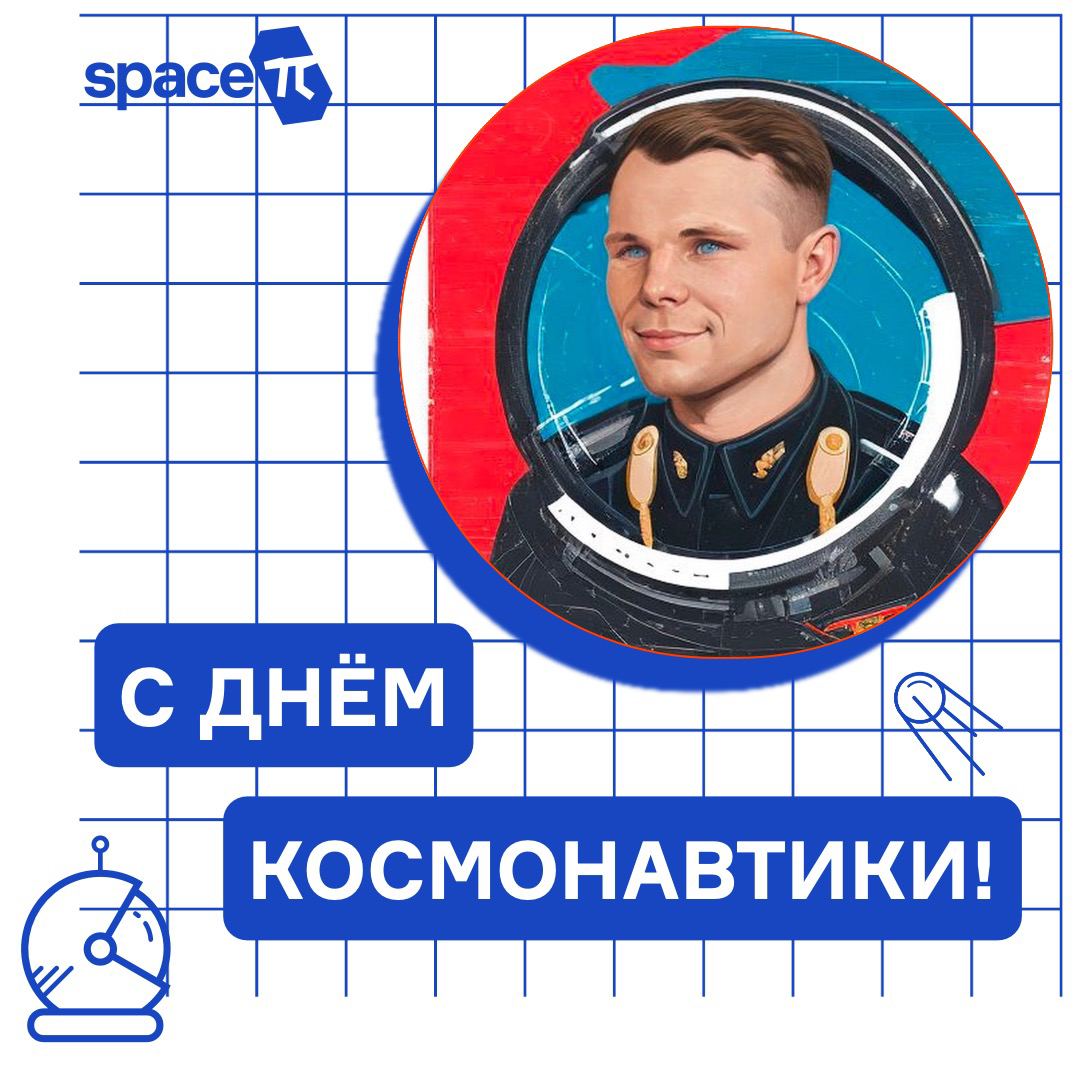
Space-π project launch of four 16U satellites
On December 28, 2025, four 16U Space-π smallsats were launched as part of the Roscosmos Soyuz-2.1b/ Aist-2T launch.
62 years ago, the first man on the planet conquered outer space
On April 12, 1961, when Yuri Gagarin was the first man in outer space and the former was accessible only to a few. But in the 21st century, technology rapidly develops and every scholar and student have the opportunity to touch the space.
Space-π provides scholars and students with a great chance to be involved in space technologies, in scientific and technical creativity and the implementation of space missions and experiments.
Within a few years, Space-π aims to send 100 CubeSats. Nowadays, 19 Space-π satellites are already in orbit, and this summer 16 more devices will join them. Further – more!
Scholars learn how to receive and process data based on space monitoring and remote sensing of the Earth (remote sensing), work with flight control centers and even participate in space experiments.
Scholars work together with Russian universities and private companies’ representatives. Note that these satellites are not just "toys" for children. Real tasks are worked out on them. For example, plasma and gas engines are being tested on already launched spacecraft, a hyperspectral remote sensing system and a device for the Internet of Things system KINEIS, technologies for obtaining automatic identification system (AIS) data sustainably work in orbit, and much more.
Follow the news of the project and stay up to date with all the events!

We will write to you only when something interesting appears,
no space junk